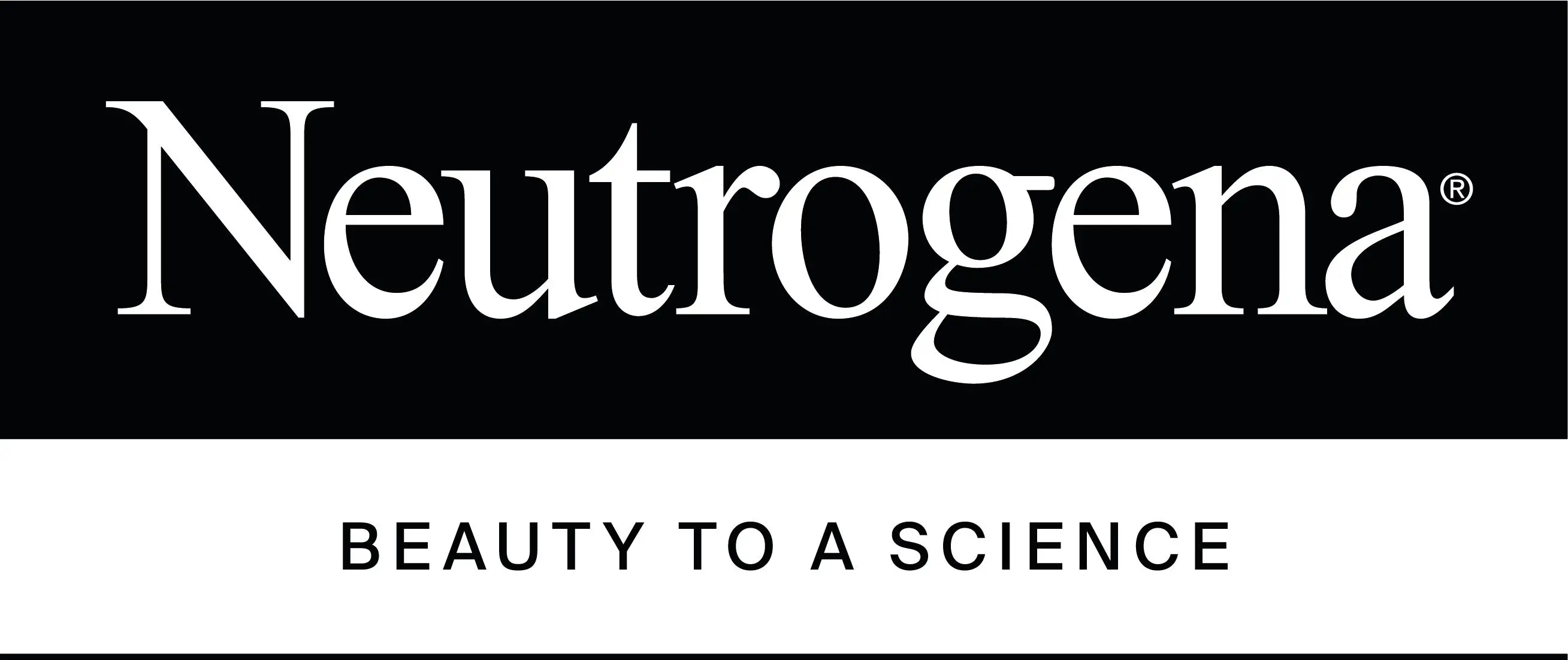The ubiquitous skincare chemicals retinol and niacinamide, found in topical skin care products, may be used by those wishing to include an anti-aging regimen into their skincare routine. While retinol and niacinamide can improve the skin's ability to fight aging, there are some key differences to note before incorporating either into your skincare regimen.
What is Niacinamide?
Niacinamide, another name for nicotinamide, is derived from niacin (vitamin B3), which is soluble in water. As an important nutrient, vitamin B3 is necessary for your body to remain healthy.
Better lipid barrier strength, increased keratin production, and improved skin moisture retention are all made possible thanks to niacinamide. Additionally, niacinamide has been demonstrated to improve skin tone and suppleness. Additionally, it functions as an antioxidant to combat free radicals and lessen inflammation in the skin.
Also, read to know more on 6 Benefits of Niacinamide for Skin
What is Retinol?
Vitamin A can also be synthesized as retinol. Because vitamin A helps to maintain healthy skin, the body needs retinol. It has been demonstrated that retinol promotes the production of hyaluronic acid and collagen and accelerates the skin's rapid cellular turnover, which adds plumpness and flexibility to the skin.
Also, read to know more on 6 Benefits of Retinol for the Skin
What is the difference between Retinol and Niacinamide?
Both retinol and niacinamide have similar benefits for skincare and can help with some skin disorders. However, they differ in three important ways. These include the following:
Retinol is usually more effective than niacinamide.
The adverse side effects of retinol are not present in niacinamide.
From a molecular standpoint, retinol mainly penetrates the skin's outer layer. Niacinamide can permeate the skin more deeply than retinol, mainly when made with soy components.
Can You Apply Niacinamide and Retinol Together?
It is safe to use niacinamide and retinol products in combination. Several skincare products already contain these compounds. Combining both into your skincare regimen at different times is a great strategy. Since retinol might increase your skin's sensitivity to sunlight, it is usually advised to take it at night.
Applying retinol at night and including niacinamide in your morning routine would be a sensible skincare regimen. In this manner, you may benefit from both substances' properties without worrying about any negative interactions or photosensitivity issues.
What are the Benefits of Applying Niacinamide and Retinol?
Without question, retinol and niacinamide are potent skincare compounds with a host of advantages. Although certain advantages are similar to both, significant differences make using both in your daily regimen quite beneficial.
For instance, as an active ingredient, retinol is known to cause dryness. On the other hand, niacinamide can help combat this, as it is praised for its moisturizing qualities. Hence, you may improve your skin's tolerance to retinol and reduce the possibility of irritation by incorporating both chemicals into your skincare routine. The maximum advantages of both substances may be reaped with this combination, minimizing any potential adverse effects.
Moreover, while retinol does its magic by offering anti-aging properties, niacinamide is essential for minimizing irritation and keeping skin hydrated. As such, when mixing niacinamide and retinol, you may anticipate beneficial outcomes free from adverse side effects. These chemicals together do wonders for your skin.
If you are looking to include a high-quality Retinol product in your day to day skincare routine, we highly recommend checking out our new range of Neutrogena Retinol Boost.
In conclusion, while different in some ways, niacinamide and retinol are vital components that greatly enhance skin and can be an excellent addition to your skincare regimen. Both retinol and niacinamide, in their way, can improve the skin's ability to fight aging and promote healthy-looking skin.
References
Emanuele, E., Bertona, M., Altabas, K., Altabas, V., & Alessandrini, G. (2012). Anti-inflammatory effects of a topical preparation containing nicotinamide, retinol, and 7-dehydrocholesterol in patients with acne: a gene expression study. Clinical, Cosmetic and Investigational Dermatology, 33-37.
Farris, P., Zeichner, J., & Berson, D. (2016). Efficacy and Tolerability of a Skin Brightening/Anti-Aging Cosmeceutical Containing Retinol 0.5%, Niacinamide, Hexylresorcinol, and Resveratrol. Journal of drugs in dermatology: JDD, 15(7), 863-868.
McDaniel, D. H., Mazur, C., Wortzman, M. S., & Nelson, D. B. (2017). Efficacy and tolerability of a double‐conjugated retinoid cream vs 1.0% retinol cream or 0.025% tretinoin cream in subjects with mild to severe photoaging. Journal of cosmetic dermatology, 16(4), 542-548.

